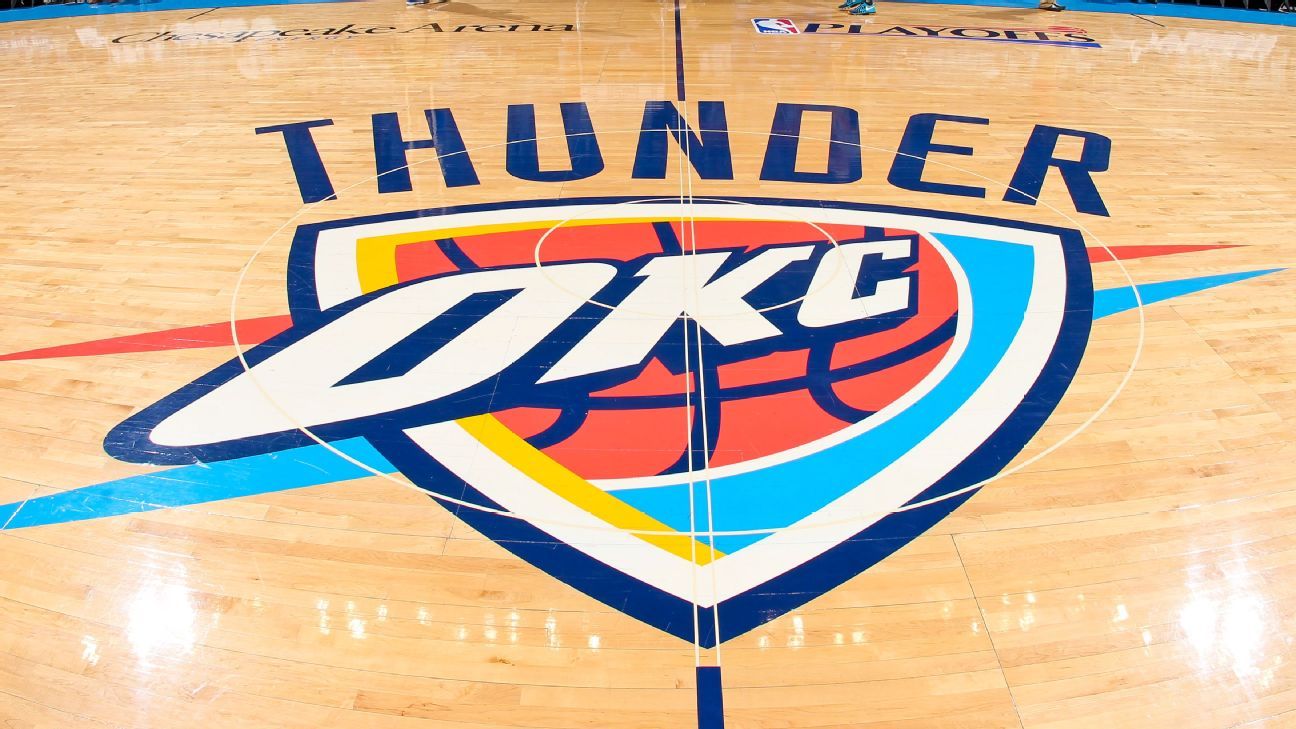
Chesapeake Energy Corporation, which holds the naming rights to the Oklahoma City Thunder's arena, announced Sunday it had filed for Chapter 11 bankruptcy, pointing at a steep drop in oil prices and gas demand during the coronavirus pandemic.
The company said in a release it planned to continue to operate during its restructuring process.
The Oklahoma energy giant was co-founded by the late Aubrey McClendon, who also was a founding owner of the Thunder and a key part of the franchise's relocation from Seattle.
McClendon left the company in 2013 amid controversy around its business practices. He then founded a new company, American Energy Partners.
In 2016, McClendon was federally indicted on charges of conspiracy to rig bids on oil and gas leases. He died the following day in a single-car accident when his SUV smashed into a concrete viaduct at 90 mph.
Chesapeake Energy holds the naming rights to the downtown arena the Thunder play in, signing a 12-year deal with the franchise in 2011 that was scheduled to expire after the 2022-23 season. The agreement cost Chesapeake $3 million the first season and was set to increase by 3% each year following.
It's currently unknown how Chesapeake's bankruptcy will impact the arena's naming rights agreement. A Thunder team spokesperson declined to comment.
Chesapeake's financial troubles have been well-documented for years, and the announcement of its bankruptcy filing didn't come as a surprise. The company's debt load currently sits at $9 billion, and with the bankruptcy filing, it will enter into an agreement with lenders to cut $7 billion off its debt.
"We are fundamentally resetting Chesapeake's capital structure and business to address our legacy financial weaknesses and capitalize on our substantial operational strengths," CEO Doug Lawler said in a statement. "By eliminating approximately $7 billion of debt and addressing the legacy contractual obligations that have hindered our performance, we are positioning Chesapeake to capitalize on our diverse operating platform and proven track record of improving capital and operating efficiencies and technical excellence. With these demonstrated strengths, and the benefit of an appropriately sized capital structure, Chesapeake will be uniquely positioned to emerge from the Chapter 11 process as a stronger and more competitive enterprise."
Led by McClendon, Chesapeake was a pioneer in using fracking as a technique, an unconventional drilling method to extract oil and gas from the ground. Fracking has come under criticism because of its environmental impact.















 Phone: (800) 737. 6040
Phone: (800) 737. 6040 Fax: (800) 825 5558
Fax: (800) 825 5558 Website:
Website:  Email:
Email: 






